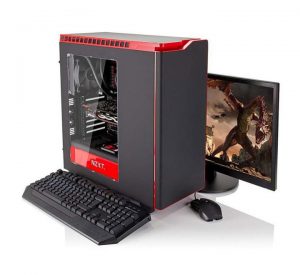Boards are unique leadership structures that hold substantial power. They are accountable to those within and outside the organization. However, they operate within the framework of a flexible structure, which is limited only by guidelines for each state and the collective will of a board to alter its own composition and structures.
Boards are responsible for a variety of responsibilities, but they should concentrate on oversight and management of decisions. They should leave operations to the CEOs and executive teams. This means establishing an organizational structure for governance and developing policies to guide their actions and the actions of managers. It also means paying attention to legal issues like compensation, conflict of interests, community benefits and the evaluation of CEOs.
A solid governance system is essential to the work of a board and it should include clearly defined roles and duties of each director and committee. Directors should be able to access and use click resources https://contactboardroom.com/data-synchrony-shaping-business-requirements-with-vdrs/ the board portal. This helps directors efficiently prepare for meetings, and lets board discussions remain focused on the main issues at hand. It also supports better communication between board members and a smoother transition when board member rotations occur.
A good governance system includes the appointment of a lead or presidency director, a non-independent board member who is responsible for the efficient management of a meeting and sets an agenda. It must also include scheduling executive meetings in accordance with the requirements of the stock exchange and the time when directors are able individually to meet with the CEO even if management is not present.

















